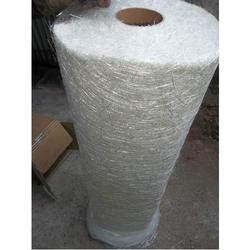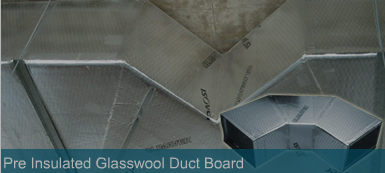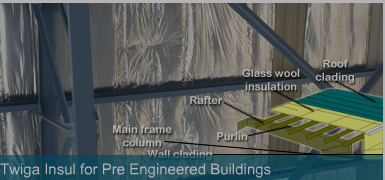Fiberglass insulation is a man-made construction material used to limit thermal changes, as well as sound transmission, in buildings. It is composed of bundles of very thin strands of glass, which has a high surface area-to-weight ratio that makes it a lightweight, cost-effective, and practical option for both residential and commercial applications.
 |
| twigafiber.com |
Delhi is the capital of India and known as political city as well and here is major industries too so no land space is to live there that’s why now people are choosing the option of apartments in big cities and there is always a need of fiberglass insulated buildings and here many fiberglass services Delhi available which provide a fiberglass-insulated building which is far better at retaining a set temperature than a non-insulated one, which means lower energy costs for both heating and cooling.
For the same reason, fiberglass insulation is highly effective at reducing sound, and is also non-combustible and non-absorbent. Fiberglass insulation is non corrosive and contains no chemicals. The main uses of fiber glass services in Delhi is as it electrical insulation, thermal and acoustic insulation and heat resistance or light-weight materials which is important for any building.
Fiberglass is primarily composed of glass that is used in a wide variety of applications as it is predominantly employed as a residential and commercial thermal insulator. Fiberglass is also used to create products as varied as auto mobile bodies, boat hulls, arrows, roofing, shower curtains, and tent poles. As an insulator, it slows the spread of heat, cold, and sound in structures, cars and aircraft.
By trapping pockets of air, it keeps rooms warm in the winter and cool in the summer and thereby serves as a convenient method to increase energy efficiency. Fiberglass services Delhi provide an attractive choice for home insulation because it poses no fire hazard and it conserve as much energy as is lost in its production and reduce residential energy as it is cost effective. Many manufacturers use recycled glass in the production process.
 |
Fiberglass is used for insulating virtually every building component, from foundation walls to attics to ductwork. There are so many companies which deals with fiber glass insulation and provides the best results with their services. These days cellulose insulator which is an alternative of fiberglass insulation is used which is a plant-based insulator as it is natural used for home insulation which has been produced from sawdust, cotton, straw, hemp, and other plant materials with low thermal-conductivity.










